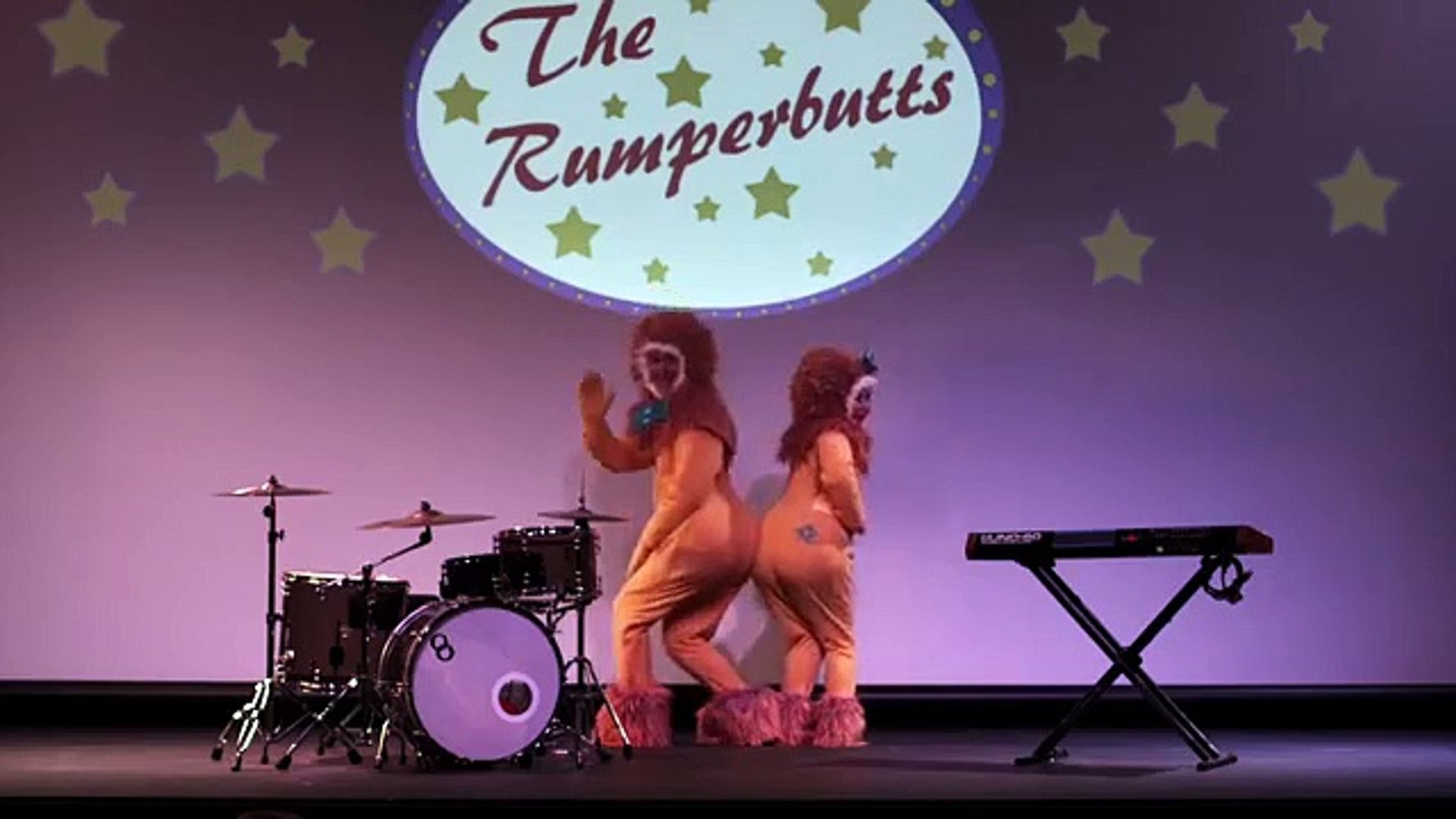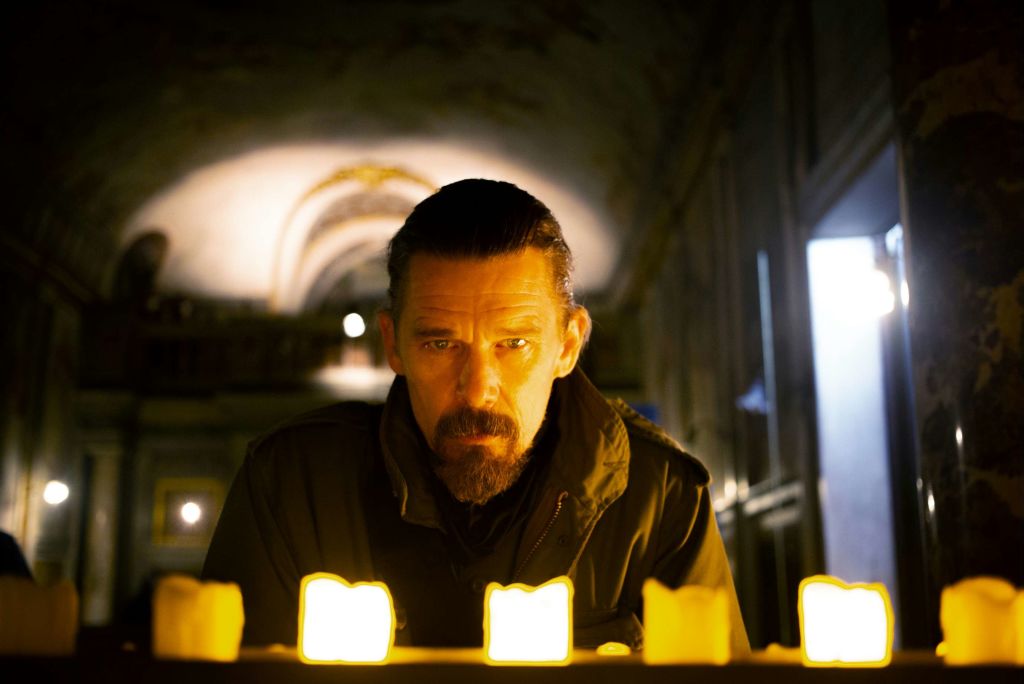14 Peaks: Nothing is Impossible
by George Wolf
Nirmal “Nims” Purja likes to keep a positive outlook.
“I’m not going to die today. Maybe tomorrow, but not today.”
And while tomorrow isn’t promised to any of us, Nims tends to tempt fate more than most. A mountaineer, adventurer and former member of the Special Forces in Nepal, Nims feels most alive when he’s dreaming big and living life on the edge.
Netflix’s 14 Peaks documents his biggest dream: summiting all 14 of the world’s 8,000 meter + peaks (26, 247 feet and above) in just 7 months. To put that in proper context, the previous record for achieving the feat was 7 years. And Reinhold Messner – one of the greatest legends in all of climbing – took 16 years to ascend all 14.
So the plan that Nims dubbed “Project Possible” was ambitious, to say the least, and Messner himself sets the stakes for us. To Messner, climbing these wonders of the world “is not fun.” It is a practice filled with pain, danger and death.
That said, Nims sure seems to be enjoying himself, and part of that is helping to document his own journey.
If you come to 14 Peaks only for the breathtaking visuals, you will not be disappointed, especially if you can view it on a wide screen. Director/co-writer Torquil Jones takes us above the clouds over and over again, utilizing sparkling, absolutely thrilling footage often taken by Nims himself (including his incredible shot of a 300-person Mt. Everest traffic jam that quickly went viral).
But Jones also mines tension through the attempts at fundraising for the project (where Nims admits “I sound like a lunatic’) and getting the clearance from the Chinese government to climb in Tibet. Intimacy comes from getting to know Nims himself, who turns out to be a fascinating and endearing subject. We see his preparations and the tests that reveal him to be genetically gifted for enduring high altitude/low oxygen environments, as well as Nim’s commitment to to helping fallen comrades on the mountain, and to getting recognition for the oft-nameless Sherpas who are invaluable to visiting climbers.
And, Jones lets us meet Nims’s family, establishing a touching contrast between his apparent lack of fear and the feeling of failure that comes from being away from his ailing mother as he climbs.
14 Peaks will help you discover both a man and a mission. Separately, they’re pretty compelling. Together, they’re a force of nature.













